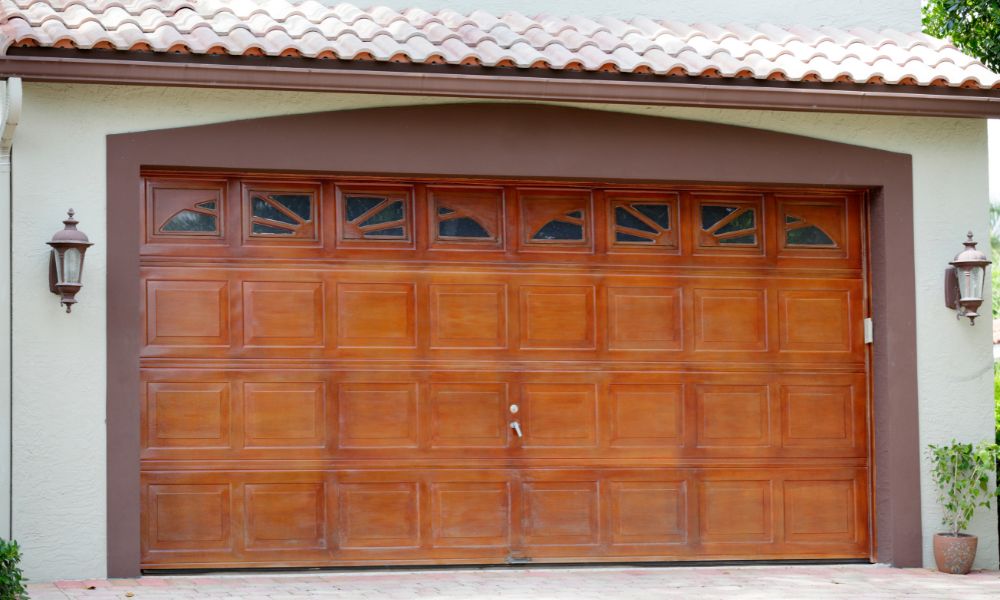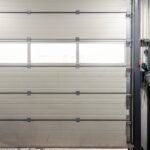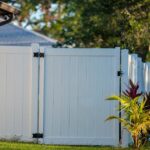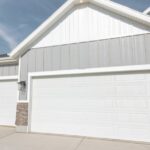Have you ever noticed it’s much colder in your garage in the winter? Or maybe the frigid garage temperatures are affecting other rooms of your home? You may want to consider insulation for your garage doors. Installing insulation or purchasing garage doors with insulation has many benefits. This includes keeping the garage warm in the winter, increasing door strength and durability, lessening the noise of operation, and improving energy efficiency.
Continue reading to learn more about the best insulation for residential garage doors and why they would be a great fit for your home.
Understanding Measurements of Thermal Efficiency
Before learning about the best insulation materials for your garage door, you first need to understand some of the technical terminologies to help you pick the best option!
There are two different types of measurements called R-value and U-value.
R-value is the most popular measurement for garage insulation. It tells you how effective the insulation material is at preventing heat loss. It doesn’t measure the garage door’s efficiency. Rather, it measures the insulation material itself. The higher the R-value, the more thermally efficient the insulation will be. Anything in the range of R9 to R17 is a great R-value.
The next type of measurement is the U-value. When measured, it includes both the insulation material and garage door and determines the thermal efficiency. It’s the most accurate measurement, but it’s not as favorable to consumers because the number appears in decimals.
Different Types of Insulation Material
There are two main types of insulation materials for garage doors: polyurethane and polystyrene.
Polyurethane
Polyurethane insulation is a commonly used spray foam material that sprays the inside of the garage door panels and bonds to the surface. It can expand to cover the entire surface and get into all the small crevices. This can be available as a pre-installed feature on a garage door or an addition to your existing garage door!
Polystyrene
Installers cut polystyrene into panels that uniquely fit the back of the garage door. The difference with polystyrene is that it can be available in various thickness levels depending on how much thermal efficiency you’re looking for.
Purchasing a Garage Door With Insulation
Instead of installing insulation as an addition to your garage door, you can always purchase garage doors that have preexisting insulation within the material.
These garage doors will have options regarding the materials on their interior-facing sides that act as insulation. Examples are vinyl or steel backs. Vinyl is a double layer, while the steel backs are triple layers. Although it may be costly to purchase and install these kinds of garage doors, it will bring many benefits that will make all the difference.
Whether you’re looking for the best insulation for residential garage doors or an industrial overhead door, you can reach out to the Door and Fence Store to find the right product for your home!








